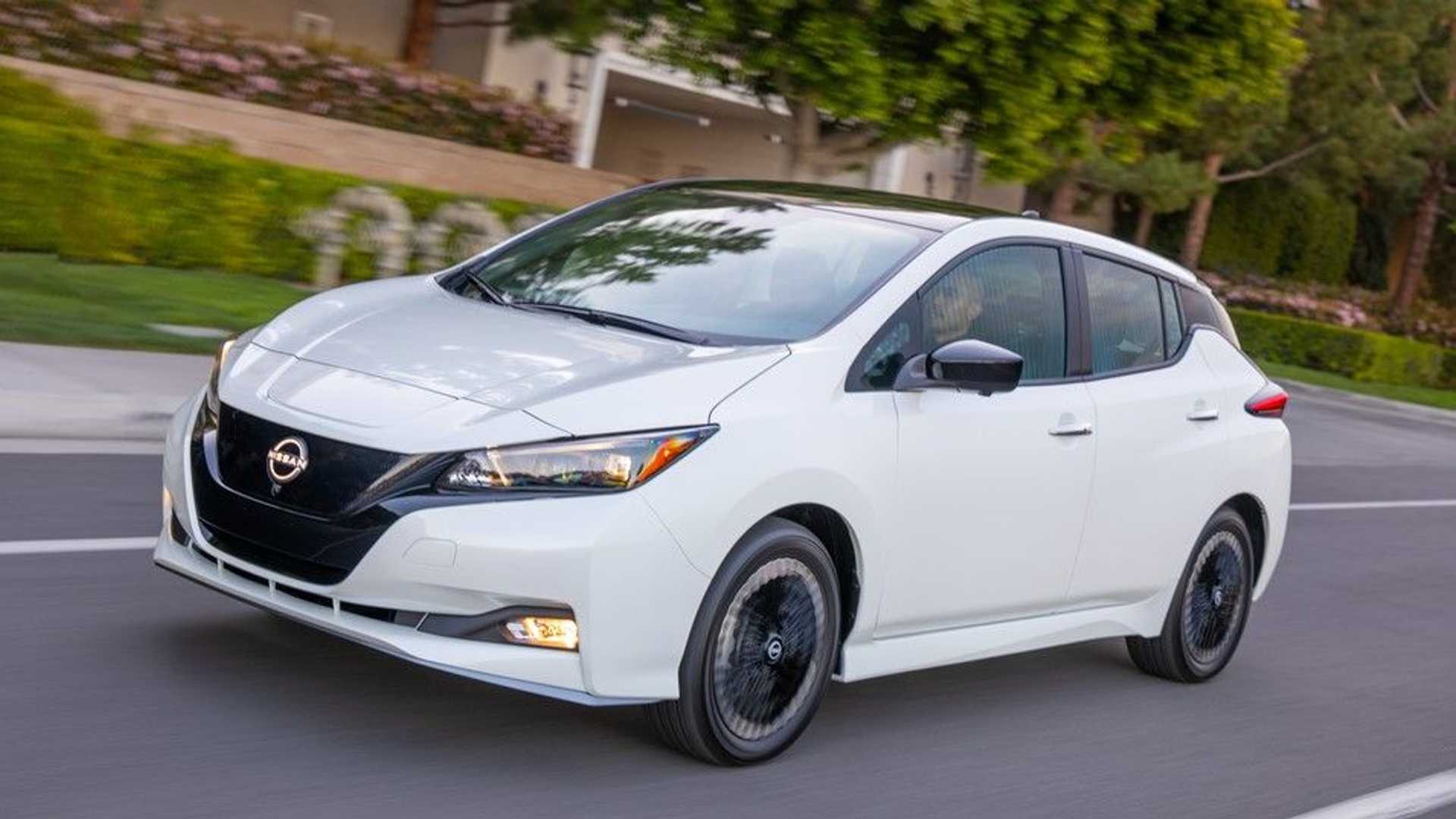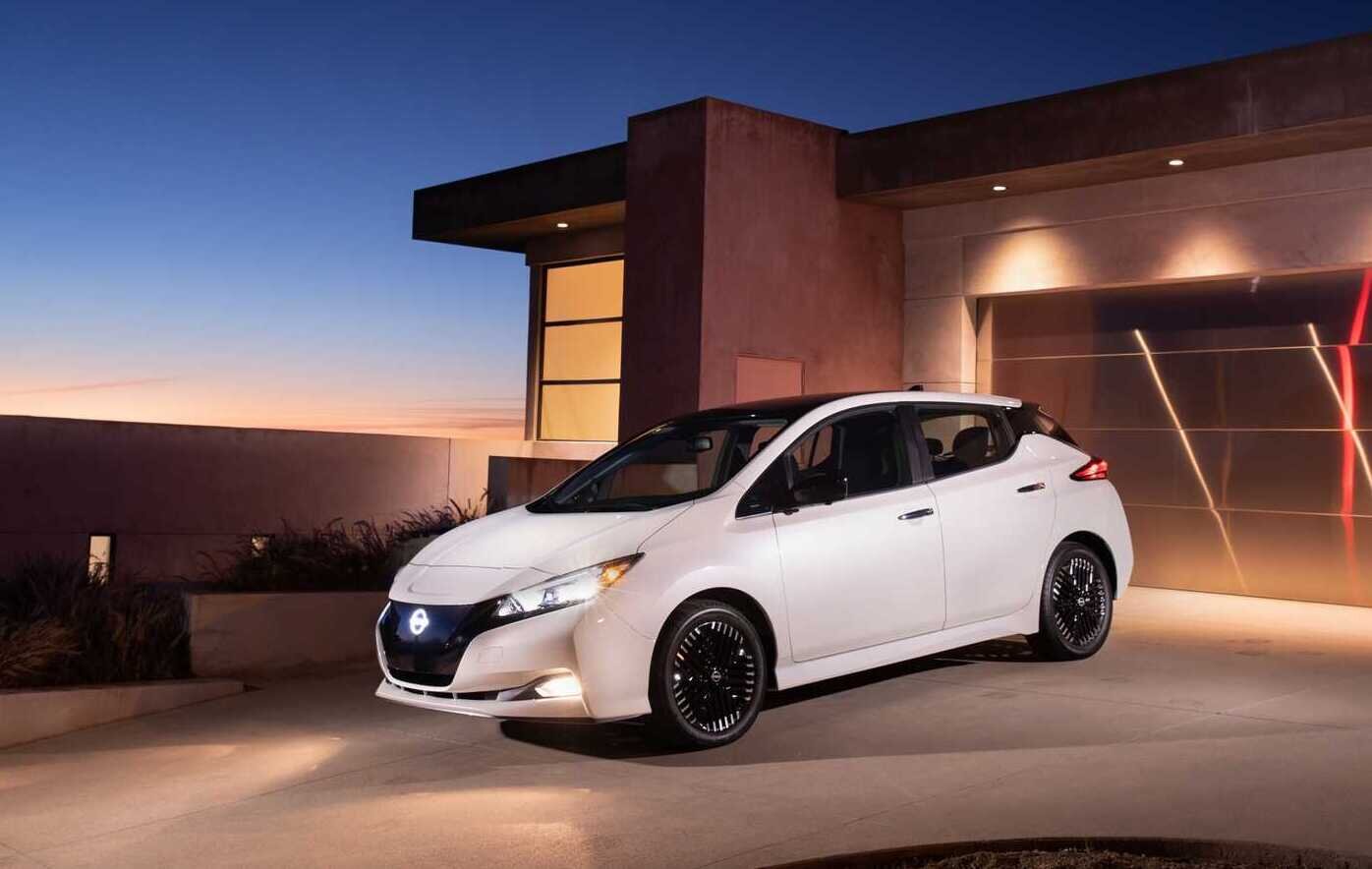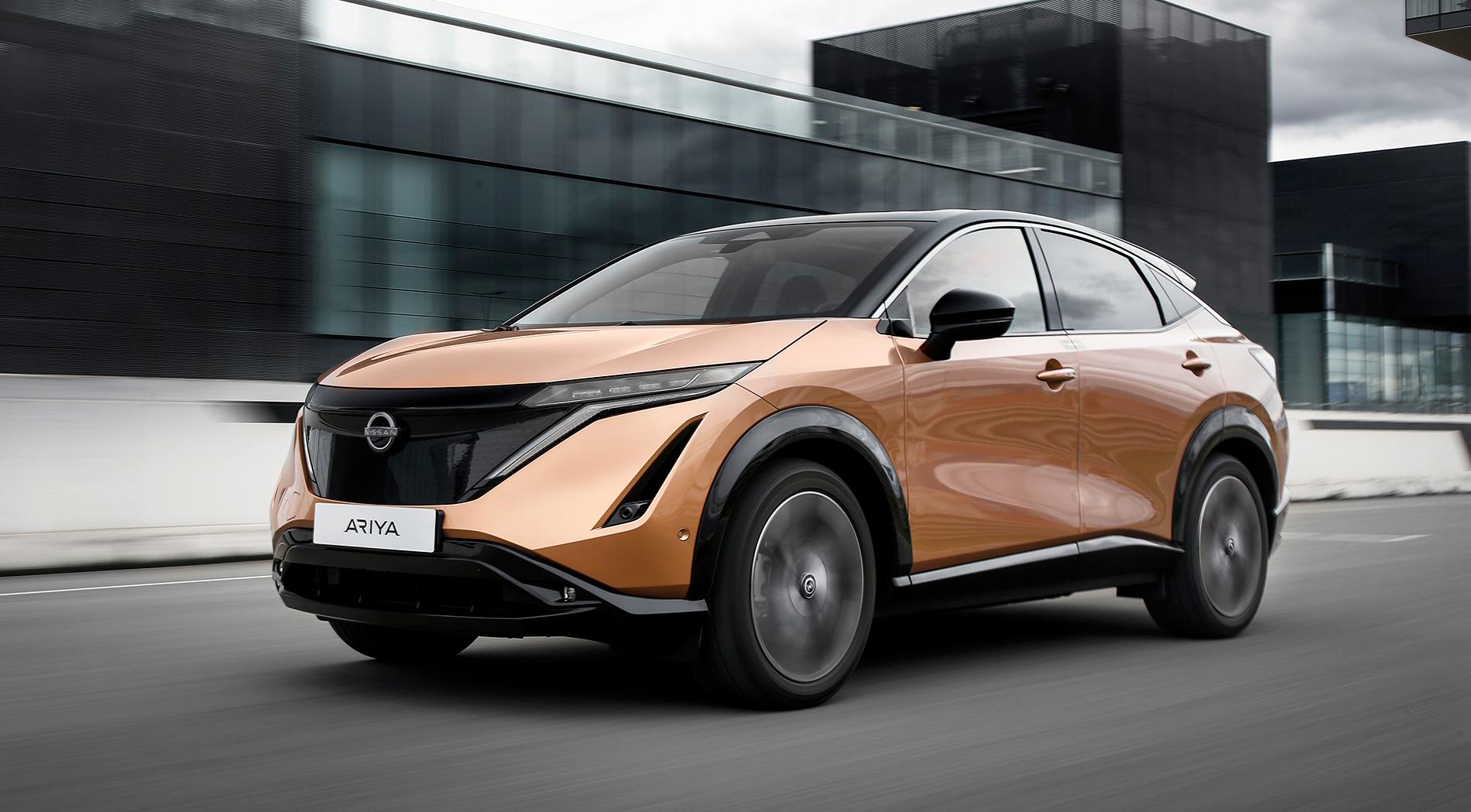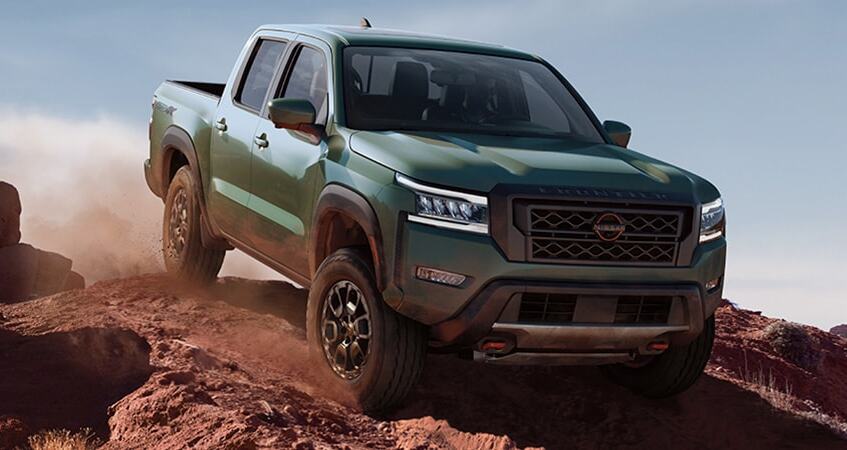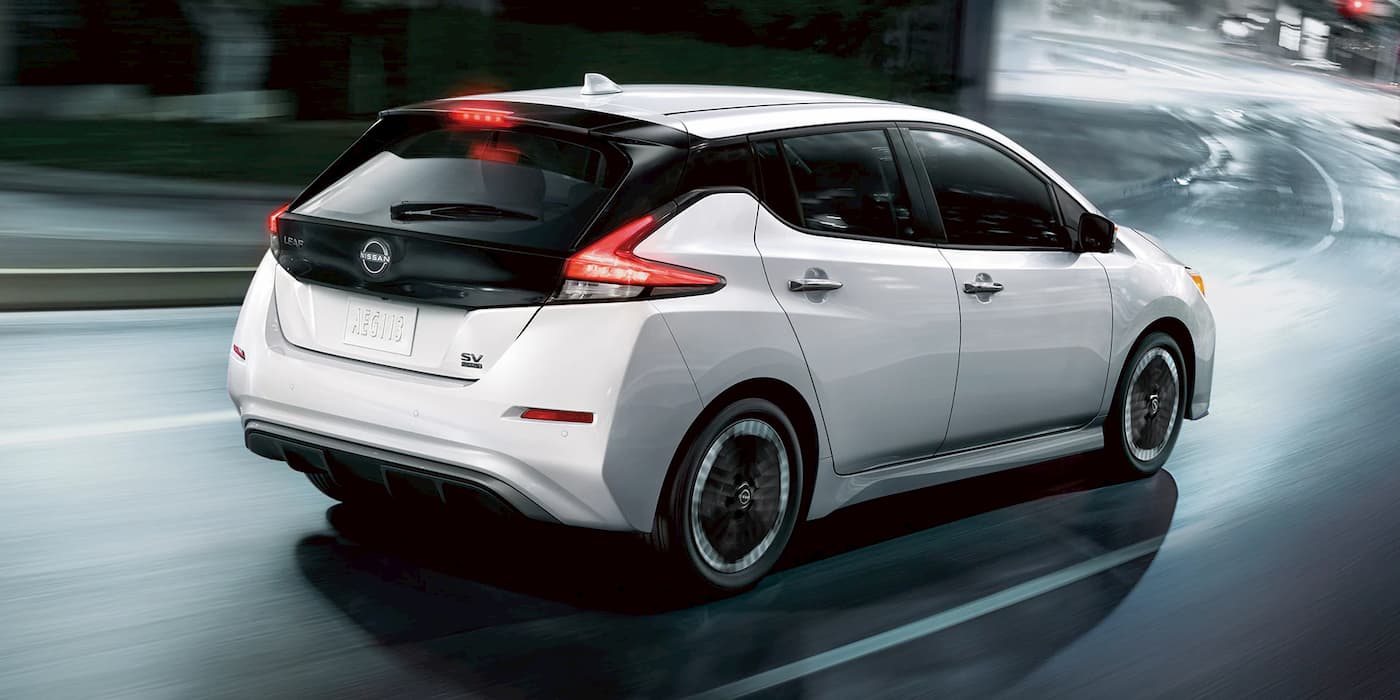Nissan revealed plans to recall its all-electric Nissan Leaf hatchback. The decision was prompted by concerns over sudden acceleration following the deactivation of cruise control, as well as potential short circuits that could lead to electric motor failure during operation. A spokesperson confirmed these details to Bloomberg.
While the exact number of affected Nissan Leaf units sold in the United States remains uncertain, the spokesperson refrained from disclosing specific figures. Furthermore, the National Highway Traffic Safety Administration (NHTSA) has yet to update its official recall lists for the Nissan Leaf.
This recall is part of a comprehensive campaign encompassing a staggering 1.38 million vehicles sold across the United States, Europe, and Japan. The initiative encompasses not only all-electric models like the Nissan Leaf but also internal combustion engine counterparts such as the Note, Kicks, Serena, and Note Aura.
According to the NHTSA, the 2023 Nissan Leaf is subject to two separate recalls. The first pertains to potential corrosion in the brake line, which could result in brake fluid leakage. The second recall focuses on inaccuracies found in the owner’s manual concerning the defroster function.
Alarming reports from various forums have emerged, with owners of 2013, 2015, and 2018 Nissan Leaf models sharing instances of unexpected acceleration when engaging the brake pedal, particularly while in ECO mode or with cruise control activated.
It’s worth noting that back in 2014, Nissan replaced certain Leaf units after discovering missing welds in the front structural member assembly. These welds played a crucial role in maintaining the vehicle’s structural integrity during collisions.
Introduced in 2018, the second-generation Nissan Leaf has become one of the most affordable electric vehicles (EVs) on the American market. With a starting price of $28,040, it offers a range of 149 miles (240 kilometers) on a full charge, courtesy of its 40-kilowatt-hour battery pack. For those seeking an extended range, a larger 60-kWh pack is available, offering a maximum travel distance of 212 miles (341 km). The 40 kWh unit is coupled with a 110-kW electric motor, while the larger pack boasts a 160-kW motor.

